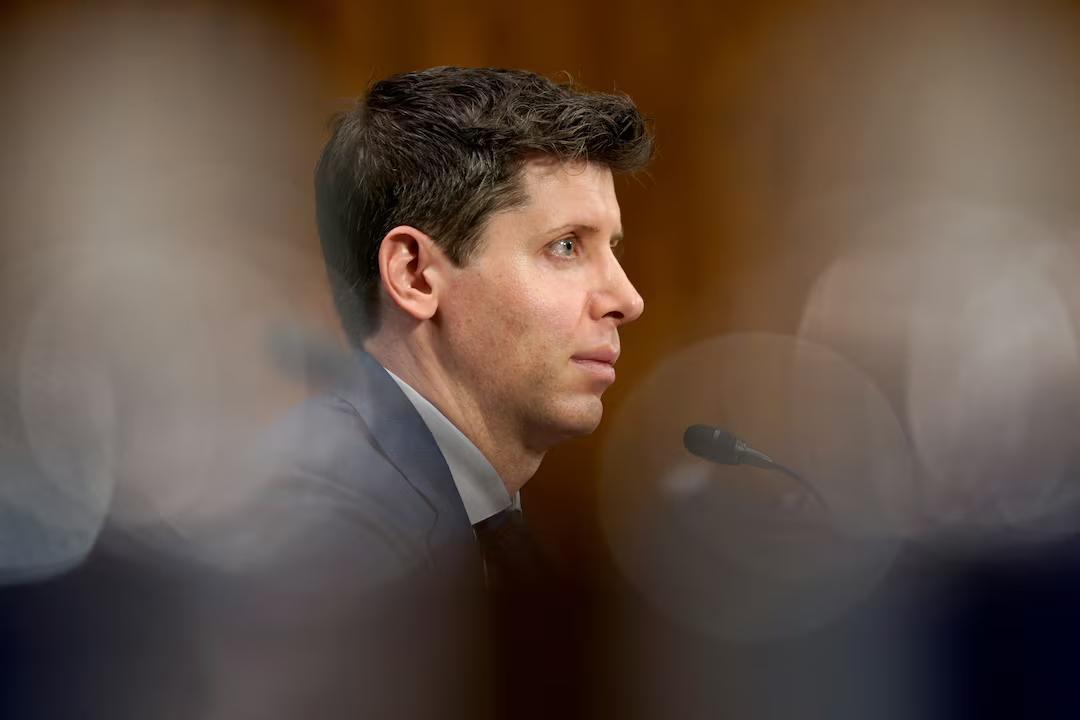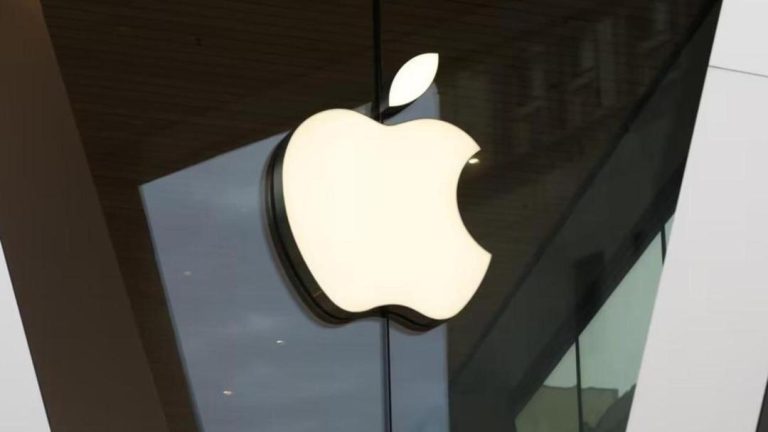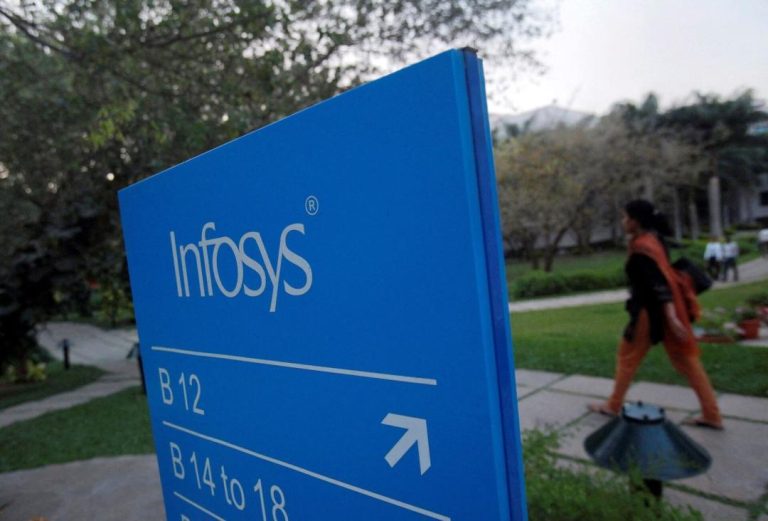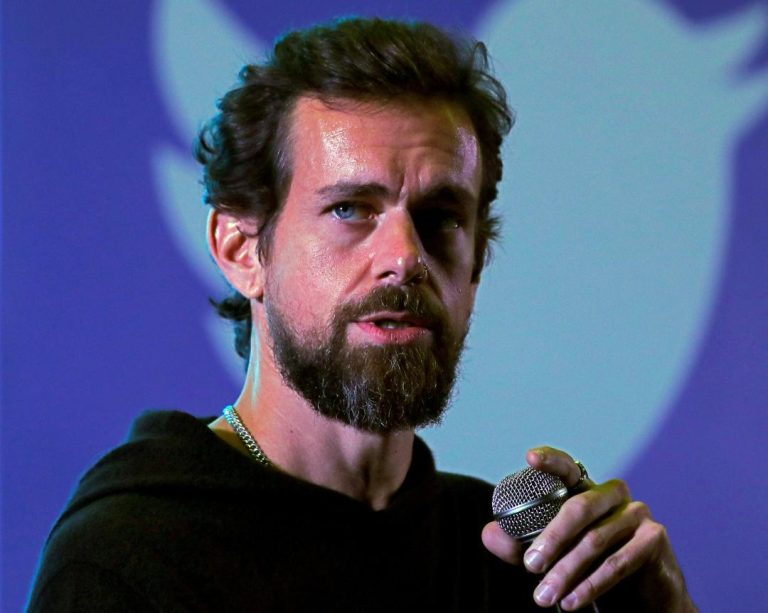
OpenAI Poaches AI Talent from Meta & Others After Meta’s Poaching: Report
In a bold move, OpenAI, the renowned AI research organization behind the popular AI chatbot ChatGPT, has poached four high-profile engineers from Meta, xAI, and Tesla to join its scaling team. This comes as a response to Meta’s continuous poaching of AI talent from across the tech industry.
According to a recent report by WIRED, the four engineers who have joined OpenAI are David Lau, the former Vice President of Software Engineering at Tesla; Uday Ruddarraju, the former Head of Infrastructure Engineering at xAI; Mike Dalton, an xAI engineer; and Angela Fan, a researcher at Meta AI.
This development is significant, as it marks a reversal of the traditional poaching game played by tech giants. Typically, companies like Meta and Google would poach top talent from smaller organizations, giving them a competitive edge in the industry. However, OpenAI’s move signals a shift in the dynamics of the AI talent market.
OpenAI’s scaling team is responsible for developing and deploying its AI models at scale. With the addition of these four engineers, the team will likely focus on improving the performance and efficiency of OpenAI’s models, as well as expanding its capabilities to new areas.
David Lau, the former VP of Software Engineering at Tesla, brings over 15 years of experience in AI and machine learning to OpenAI. His expertise will be invaluable in developing and refining OpenAI’s AI models.
Uday Ruddarraju, the former Head of Infrastructure Engineering at xAI, is a seasoned engineer with a background in cloud computing and distributed systems. His expertise will help OpenAI scale its AI models to meet the demands of its growing user base.
Mike Dalton, an xAI engineer, has a strong background in natural language processing and computer vision. His expertise will be crucial in developing and improving OpenAI’s AI models, particularly in areas such as language understanding and generation.
Angela Fan, a researcher at Meta AI, has a strong background in machine learning and computer vision. Her expertise will help OpenAI improve the performance and accuracy of its AI models, particularly in areas such as image recognition and object detection.
The hiring of these four engineers is significant not only because of their individual expertise but also because of the talent drain it represents for Meta and other companies. Meta, in particular, has been aggressive in poaching AI talent from across the industry, and OpenAI’s move represents a bold reversal of this trend.
OpenAI’s decision to poach talent from its rivals is likely a response to the growing competition in the AI market. With the increasing adoption of AI technology across industries, companies are looking for ways to differentiate themselves and stay ahead of the competition. The poaching of top talent from rivals is one way for companies to gain a competitive edge.
In a statement, OpenAI said, “We’re thrilled to welcome these talented engineers to our team. Their expertise will be instrumental in helping us scale our AI models and push the boundaries of what’s possible with AI.”
The move is also significant because it highlights the growing importance of AI talent in the tech industry. As AI continues to transform industries and revolutionize the way we live and work, companies are looking for ways to attract and retain top talent in this area.
In conclusion, OpenAI’s decision to poach AI talent from Meta and other rivals represents a significant shift in the dynamics of the AI talent market. The hiring of these four engineers will likely have a profound impact on OpenAI’s ability to develop and deploy its AI models at scale. As the AI market continues to evolve, it will be interesting to see how companies respond to this trend and whether it marks a new era of competition for AI talent.





